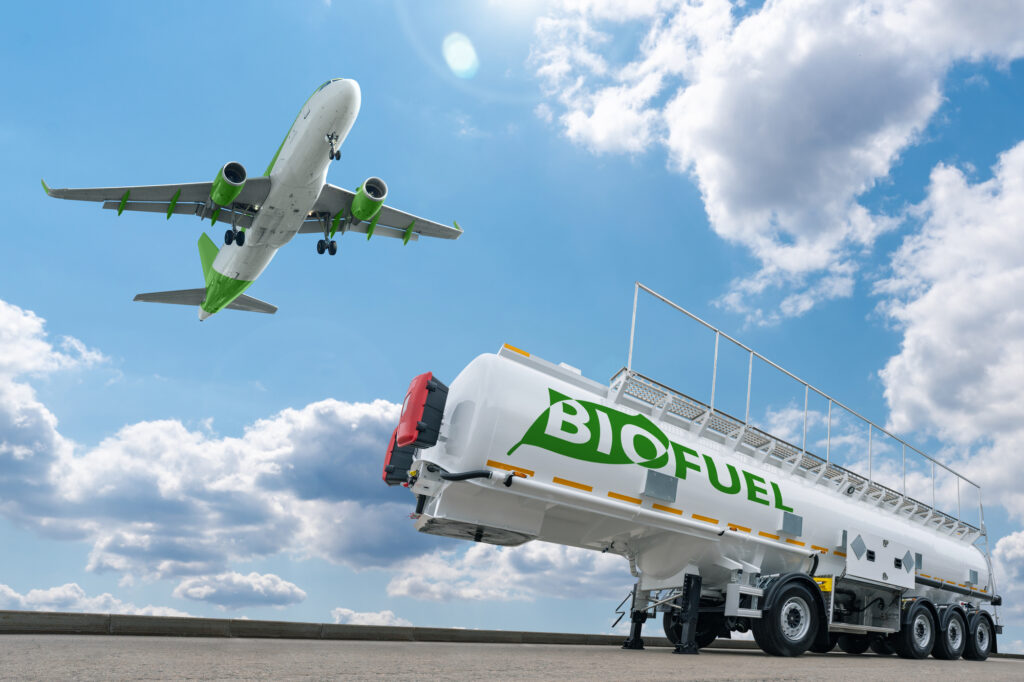India Aims for Nationwide Adoption of 1% Sustainable Aviation Fuel by 2025, Reveals Oil Minister
India is taking significant steps towards reducing emissions in the aviation sector by aiming for nationwide adoption of 1% sustainable aviation fuel (SAF) by 2025. The announcement was made by India’s oil minister, Hardeep Singh Puri, on Friday. Unlike the United States and the European Union, India does not currently have policies in place governing sustainable aviation fuel.
The European Commission’s SAF mandate, set to commence in 2025, will require a minimum volume of 2% sustainable aviation fuel (SAF). However, India has set an initial target of 1% SAF mixed with jet fuel for domestic airlines. This would require approximately 140 million liters of biofuels. Puri also mentioned that the mandate for SAF could potentially increase to 4-5% if larger volumes of biofuels become available.
Sustainable Aviation Fuel

An Indian panel recommended the rollout of 1% sustainable aviation fuel (SAF) in India by 2025. However, the final mandate will need approval from the cabinet, according to Puri, who made the announcement during an event celebrating India’s first local flight powered by biojet.
The biofuel used in the flight was provided by a private company called Praj Industries. Indian Oil Corp, the country’s leading refiner, mixed the biofuel with jet fuel. The success of this milestone flight highlights the potential of sustainable aviation fuel in India and its capability to significantly reduce greenhouse gas emissions in the aviation sector.
Indian Oil Corp (IOC) is planning to establish a plant in 2026 dedicated to producing 87,000 tonnes of SAF per year. This ambitious project is expected to cost over 15 billion rupees. SSV Ramakumar, the director for research and development at IOC, also expressed the company’s commitment to developing a robust SAF infrastructure in India.
Therefore, by mandating the use of SAF, India is demonstrating its commitment to combatting climate change and reducing carbon emissions in the aviation industry. This move aligns with global efforts to create a more sustainable and environmentally friendly aviation sector. As one of the world’s largest and fastest-growing aviation markets, India’s adoption of SAF will have a significant impact on reducing greenhouse gas emissions and promoting a greener future for air travel.
Also, Read: Indian Aviation News
Private & Non-scheduled Charter operators in India
Go through, the Mall of Aviation
For the best HELIPAD CONSULTANCY



